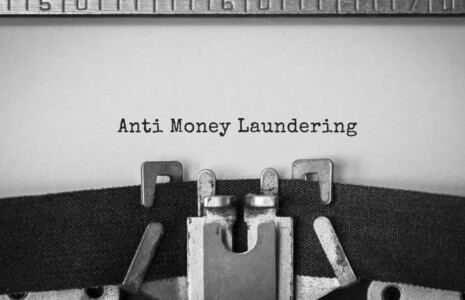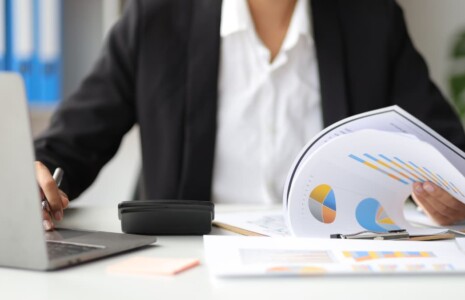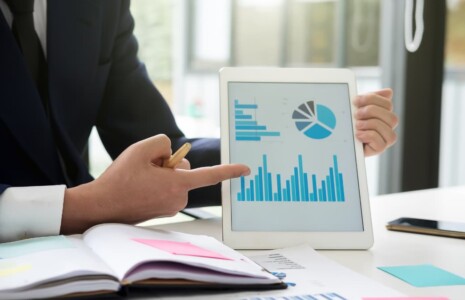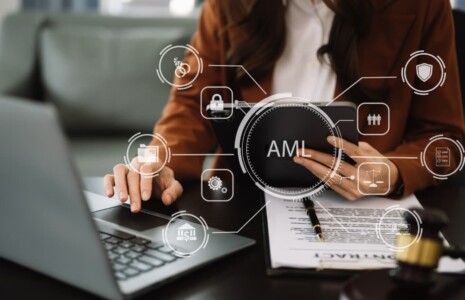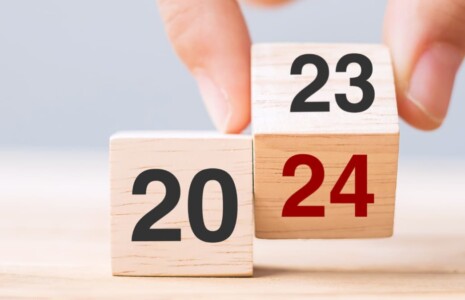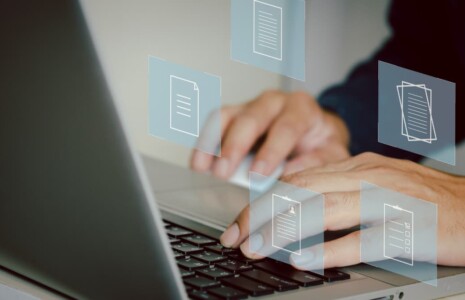What resources do accountants need?
Mention automation in a room full of accountants and be prepared for a mixed reaction. If you’re in the accounting profession, you may already know what automation is and what it could mean for the future of the industry…

Latest Stories keyboard_arrow_right
Blogs
Demonstrating Professional Scepticism in Accounting
Blogs
Why accountants should embrace automation?
Blogs
How to manage AML processes in your practice
Blogs
Consequences of Unqualified Directors for Accountancy Firms
Blogs
Accounting Digital Transformation
Blogs
How Accountants Can Leverage Tax Helplines for Complex Client Queries
Blogs
What is anti money laundering compliance software and how does it work?
Blogs
The New Year’s Focus for UK Accountants
Blogs
Tips For Increasing The Value Of Your Accounting Practice
Blogs
How To Value Your Accountancy Practice
Blogs
Why should I use accounting software over spreadsheets
Blogs
The importance of handling customer complaints
Get the latest news direct to your inbox
Sign up to our mailing list to receive weekly bulletins on all of the latest accounting news.
"*" indicates required fields



